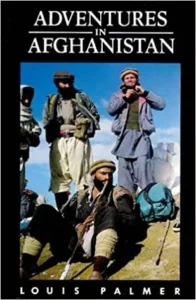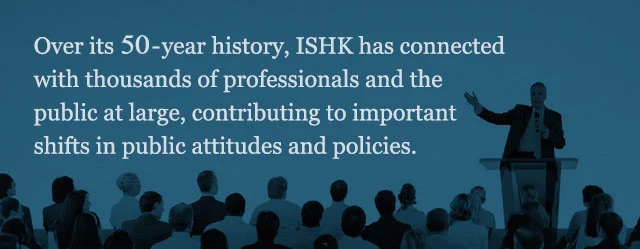
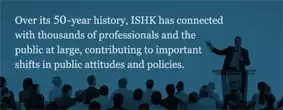
ISHK History
Dedicated to cross-cultural understanding and bringing important research on human nature to the general public.
In the mid twentieth century, leaders in psychology, neuroscience, evolutionary biology, paleontology, and other disciplines were combining their discoveries and unraveling the mysteries of the human brain. Knowledge of the link between mind and health was emerging. Observations of classical thinkers such as Plato, Rumi, and El Ghazali on conditioning, attention, and perception were being confirmed by modern science.
Though vital for solving the complex social, political, economic, biological and environmental issues facing humankind, this new knowledge was slow to reach the general public and policy makers. The Institute for the Study of Human Knowledge was founded in 1969 to begin the task of closing the gap.
The Early Years – Landmark Seminars on Mind and Health: 1969 – 1990
In the 1970s and 1980s, in partnership with top academic institutions including the Universities of California, The New School, Boston University, Albert Einstein College of Medicine, Stanford University, and others, ISHK sponsored several series of high-profile, landmark seminars to highlight the emerging research in mind and health. In 1972, ISHK became one of the first organizations approved by the American Psychological Association to sponsor continuing education for psychologists.
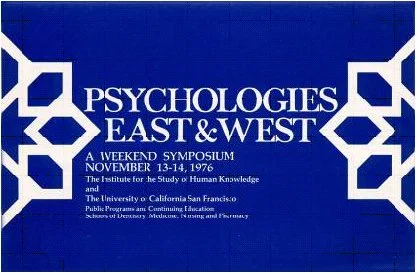
This first series highlighted psychological advancements in biofeedback, meditation, and self-regulaory therapies. Faculty included Hans Seyle, Charles Tart, William Dement, Neil Miller, Herbert Benson, Idries Shah and many other leaders in their fields. See details.
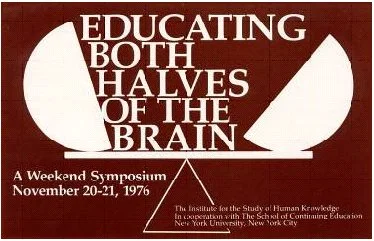
1976-1982
New scientific discoveries on the brain and consciousness contributed to a growing recognition of the need for new and better techniques for educating the whole person. Faculty included Idries Shah, Rene Dubos, Linus Pauling, Barbara Ehrenreich, and others. See details.
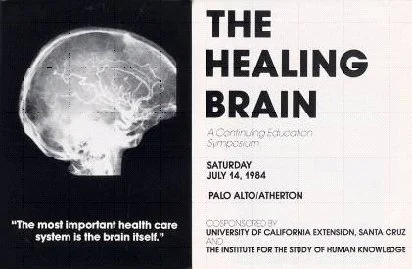
1980-1991
These groundbreaking seminars gave a critical forum to pioneering researchers in mind/body health. Attended by over 20,000 health professionals, they helped bring psychosocial factors such as stress, depression, optimism, and social support to the forefront of health care. Faculty included Alan Kaye, Redford Williams, Daniel Goleman, James Lynch, Martin Seligman, Mitch Kapor, Esther Dyson, Paul Ekman, Marion Nestle, William Bennett, Norman Cousins, Peter Brent, Richard Leakey, and many others. See details.
The Road to the Future Symposia 1989 – 1991
ISHK’s Road to the Future symposia convened a distinguished panel of thinkers to address pressing issues of our time: cross-cultural communication, the environment, and effects of technological progress. Participants included historian James Burke, anthropologist Edward T. Hall, novelist Doris Lessing, and ecologist Paul Ehrlich. See details.
Greenhouse Glasnost
1989-1990
ISHK president Robert Ornstein was one of a group of distinguished US and Soviet leaders invited to Greenhouse/Glasnost: The Sundance Symposium on Global Climate Change, convened by Robert Redford and The Institute for Resource Management to discuss how to translate scientific knowledge about global climate change into popular action. Ornstein’s presentation, “Why We Don’t Listen…” explores how the human mental system’s failure to comprehend the modern world presents a significant obstacle to our recognizing and responding to this existential crisis.
Mind/Body Health Newsletter
1992-2000
In 1992, under the direction of David Sobel, M.D., then Director of Preventative Medicine at Kaiser Permanente, ISHK began publishing the Mind/Body Health Newsletter (originally Mental Medicine Update). Dedicated to bringing insights from the fast-moving new fields of behavioral medicine, psychoneuroimmunology and health psychology to a wider audience, the newsletter was an important resource for more than 35,000 readers, both lay persons and practitioners. See details.
CE@Home for Psychologists
In 1993, as a direct extension of its influential seminars, ISHK founded a distance learning program for a psychologists under the direction of Dr. Charles Swencionis of the Albert Einstein College of Medicine.
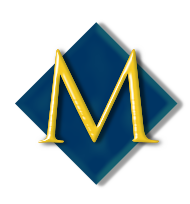
In 1995, ISHK founded its own imprint, Malor Books to publish or re-publish significant works in the fields of health, psychology, education, cross-cultural studies, and spirituality.
Challenges for the New Century: 2000- the present

In 1998, ISHK founded the second of its own imprints, Hoopoe Books, to publish an award-winning series of children’s books by Idries Shah. Building on this platform, ISHK began the Share Literacy program in early 2000 to provide these books to more than 750,000 underserved children across the U.S. The literacy program was expanded in subsequent years to provide bilingual editions of the books to children in the war-torn countries of Afghanistan and Pakistan where many of these teaching stories originated, and most recently to the growing numbers of Refugee Children in camps and community centers around the world.
In 2009, Hoopoe Books published the All About Me series for adolescents and young adults ages 12-18 to help them understand what is going on with their development, how these changes impact their feelings and behavior, and how they can take the fullest advantage of this important time in their lives.
The Human Journey
In 2005-2006, ISHK began an exciting new project to provide essential information about humanity’s evolution, its origins in Eastern Africa and the Middle East to the present day, with an eye to the future. The Human Journey website covers the significant stages of humanity’s development and examines the challenges we face to ensure a sustainable human future.
The Core of Early Christian Spirituality: Its Relevance to the World Today
In April 2006, as part of the Human Journey project, ISHK sponsored a one-day symposium, bringing together leading researchers in this field to present some of the latest discoveries and their implications for contemporary spirituality. See details.
First published in the 1970s, this ISHK publication posed questions of continued relevance for our current moment.
Get the best of the health advice from ISHK’s decade-long publication, The Mind/Body Health Newsletter, that bridges the gap between mind and body, research and practice
ISHK Response to 9/11
The events of September 11, 2001 and its aftermath exposed the consequences of a mental system designed to overact to dramatic events and rush to “fight/flight,” with people from different parts of the world failing to understand each other. ISHK responded by highlighting classic studies of brainwashing: the inherent susceptibility of the human mind to change under pressure, and works highlighting the rich cultures and contributions to humanity from the regions of Afghanistan, Central Asia, and the Middle East. As a framework for developing a broader, more flexible perspective in this difficult time, we offered this excerpt from the writings of Afghan-born writer Idries Shah: “The Basic and the Unfamiliar Human Community.”
ISHK Book Service
From its inception, ISHK began assembling what may now be the most comprehensive and authoritative list of published works addressing the important questions of who we are, how we got here, and who we might become. The ISHK Book Service was formed in 1972 as a central source for this literature and became the sole US distributor of the works of Idries Shah.
Though we no longer sell books directly, our unprecedented list of recommended reading remains available through one or more of these sources:
Hoopoe Books
The Idries Shah Foundation

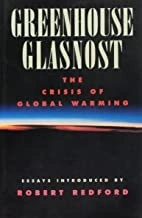
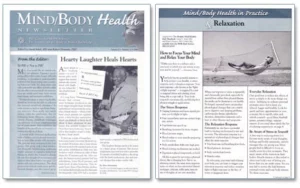
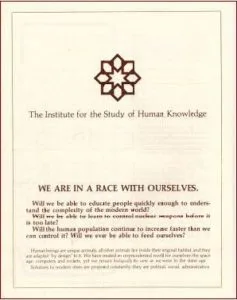
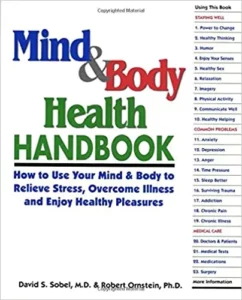
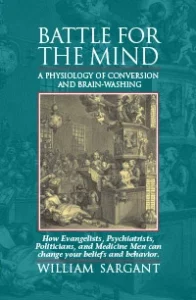 Find it on
Find it on 